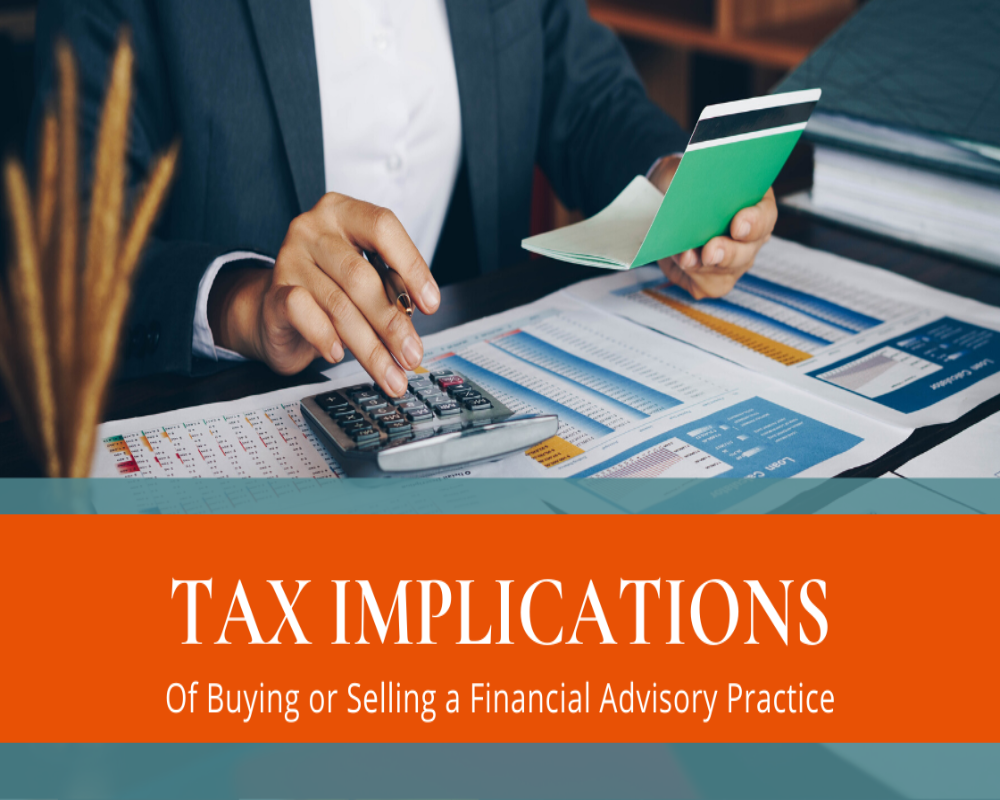Introduction
Rezoning a parcel of land brings notable tax consequences that directly affect the financial outlook of landowners and investors. When land use changes from agricultural or residential to industrial or commercial, tax liabilities often increase due to new classification and higher market value. These changes influence property tax rates, capital gains tax, stamp duty, and eligibility for exemptions. Understanding these shifts is essential for financial planning before and after rezoning. Tax impact can be immediate or long-term depending on the transaction or development decisions. Proactive management ensures compliance and protects profitability.
Change in Property Tax Rates
Once land is rezoned to a higher-use category like industrial or commercial, municipal authorities reassess property tax. The tax rate is usually higher for non-agricultural land due to its income-generating potential. This leads to increased annual outflows. Property tax changes apply from the date of classification update. Investors must include these costs in long-term budgeting.
Loss of Agricultural Tax Benefits
Agricultural land often enjoys tax exemptions or concessional rates under income and property tax laws. Upon rezoning, these benefits are withdrawn. The land is treated as non-agricultural for tax purposes even if not yet developed. Owners lose deductions linked to agricultural use. This creates a permanent change in the tax treatment of the asset.
Capital Gains Tax upon Sale
When rezoned land is sold, the capital gain is calculated on the enhanced market value. The increased valuation due to rezoning leads to higher taxable gain. Long-term capital gains may qualify for indexation, but the overall tax outflow is significant. Investors must plan for this in their exit strategy. Sale timing affects the tax slab applied.
Betterment Levy or Impact Fees
Some state or local governments impose a betterment levy when land is rezoned. This is a one-time fee calculated on the increase in land value due to zoning upgrade. It is considered a public contribution for infrastructure improvement. Payment is mandatory before development approvals. Betterment levies raise the cost of conversion.
Conversion Charges and Penalties
To regularize the land use change, landowners must pay conversion charges to planning authorities. These charges vary based on zone type, area size, and local rules. Failure to pay results in penalties or cancellation of rezoning rights. These charges are often non-refundable. Advance calculation is required before application.
Stamp Duty on Document Updates
Rezoning may require re-registration of land use or ownership documents. This can trigger stamp duty liabilities depending on the state laws. Additional agreements such as development rights or joint ventures may also attract stamp duty. Investors must account for this in transaction planning. Documentation must comply with updated zoning status.
Goods and Services Tax on Sale or Lease
If rezoned land is developed and sold or leased for commercial purposes, GST may apply. Taxable supply includes developed plots, industrial sheds, or long-term leases. GST liability depends on the transaction structure. Exemptions for agricultural land no longer apply. Proper tax classification is essential to avoid penalties.
Increased Taxable Income from Leasing
Rezoned land leased to businesses generates rental income subject to income tax. This income must be declared under business or other sources. Tax liability depends on ownership structure and deductions claimed. Rental income provides cash flow but also increases tax planning needs. Records must be maintained for audit.
Taxation under Development Agreements
If the land is developed through a joint venture or builder collaboration, the transfer may attract capital gains or GST based on consideration received. Revenue-sharing models must reflect actual market value. Timing of tax liability depends on agreement clauses. Developers and owners must align their reporting and filing schedules.
Need for Tax Advisory and Structuring
Rezoning transforms a land asset into a tax-sensitive investment. Proper structuring with the help of tax professionals reduces liability. Choosing between company, individual, or trust ownership affects taxes. Strategic timing of sale, lease, or development is essential. Tax structuring supports compliance and net returns.
Conclusion
Rezoning outcomes lead to a variety of tax implications that influence costs, profitability, and legal obligations. From increased property tax to capital gains and GST, each tax type must be assessed based on the new land status. Understanding and planning for these changes help avoid penalties, optimize income, and align investment decisions. Taxes are not just post-rezoning concerns but must be integrated into the strategy from the start. Engaging with professionals ensures clarity and regulatory compliance. Proper tax planning enhances the overall value and sustainability of rezoned land investments.
Hashtag
#TaxImplications #RezoningOutcomes #RealEstateTax #PropertyTax #ZoningLaws #UrbanDevelopment #TaxPlanning #InvestmentProperty #LandUse #RealEstateInvesting #TaxStrategy #LocalGovernment #PropertyValue #EconomicDevelopment #TaxAssessment #ZoningChanges #RealEstateMarket #TaxReform #CommunityPlanning #LandDevelopment




